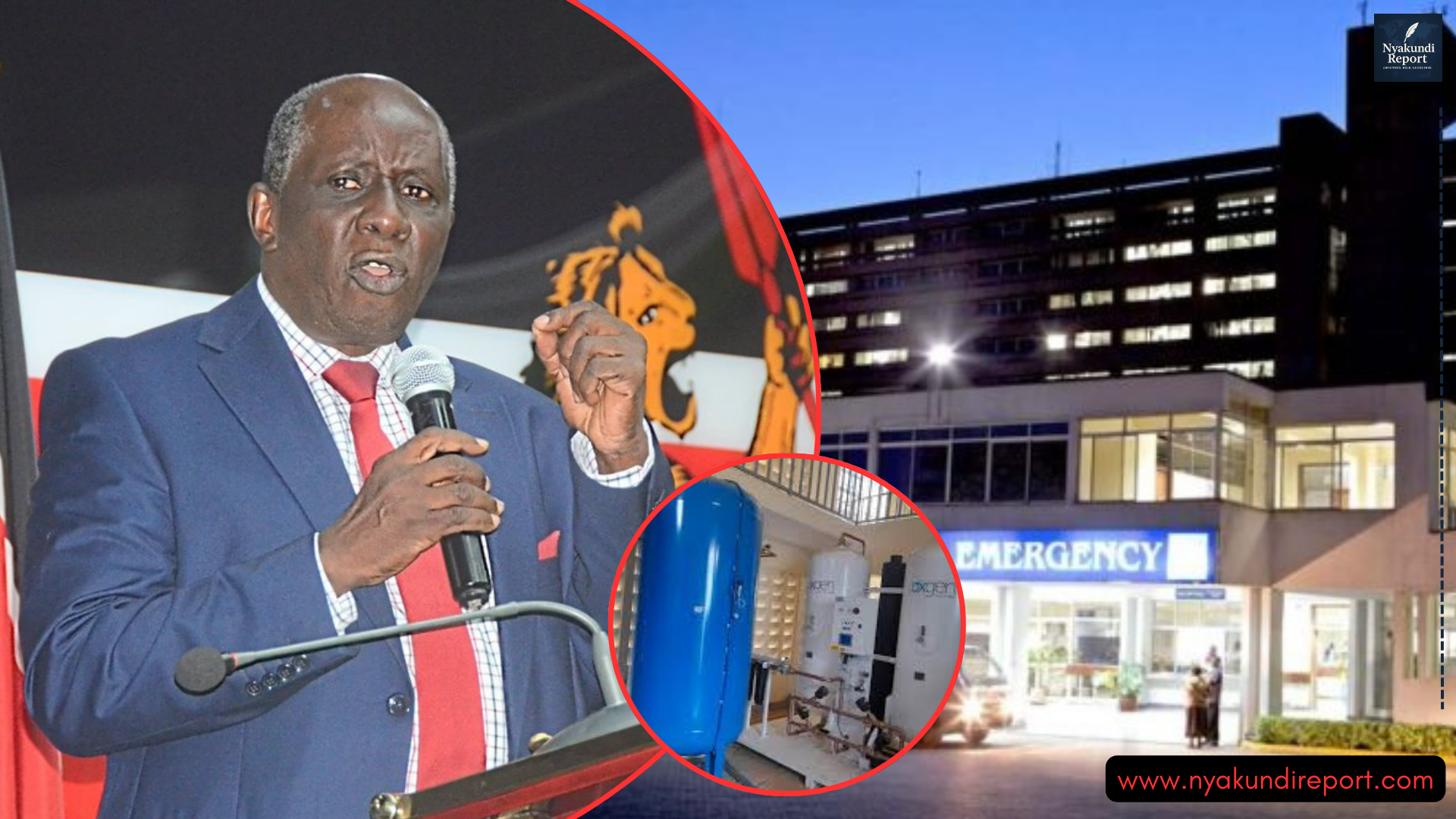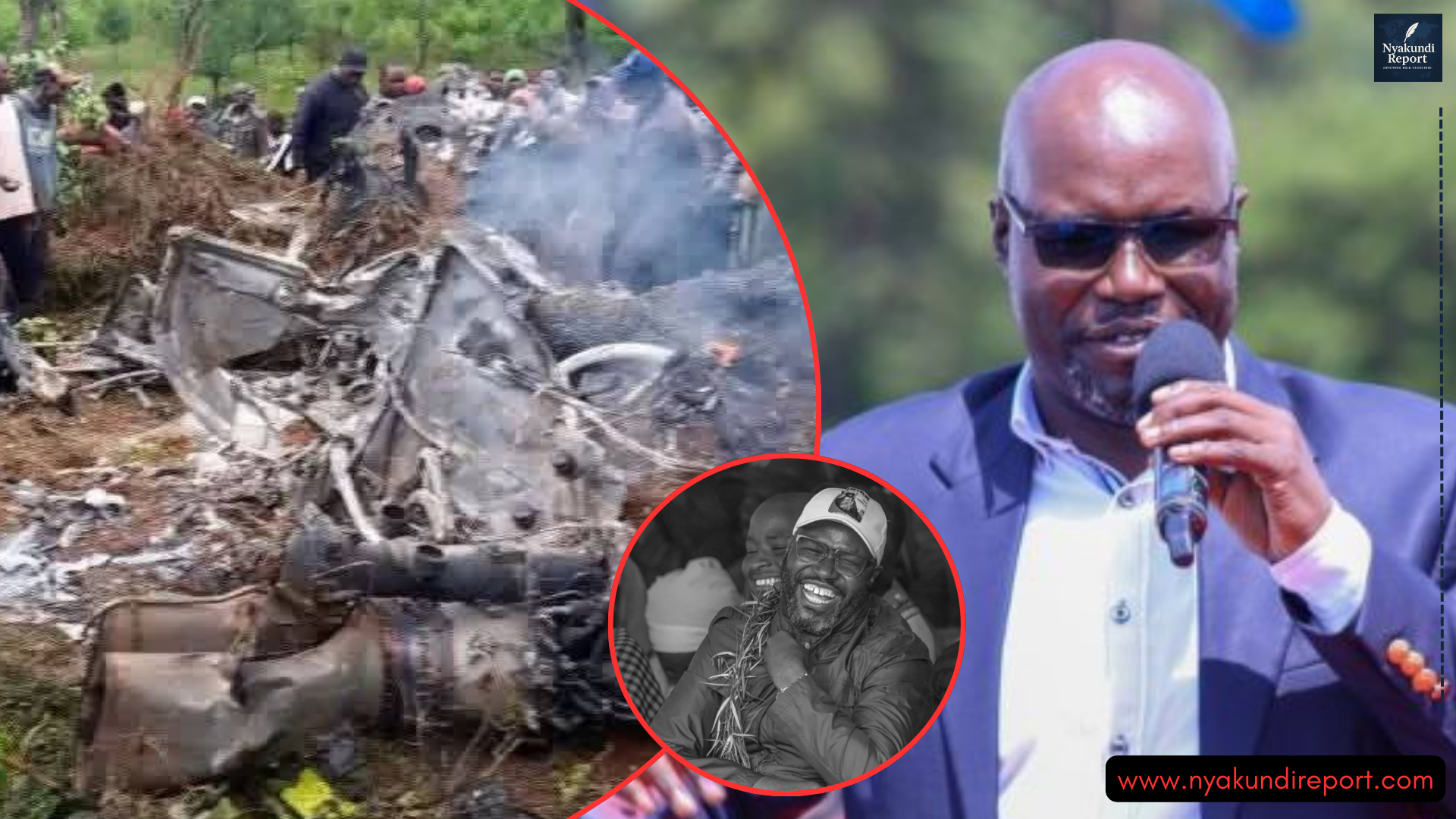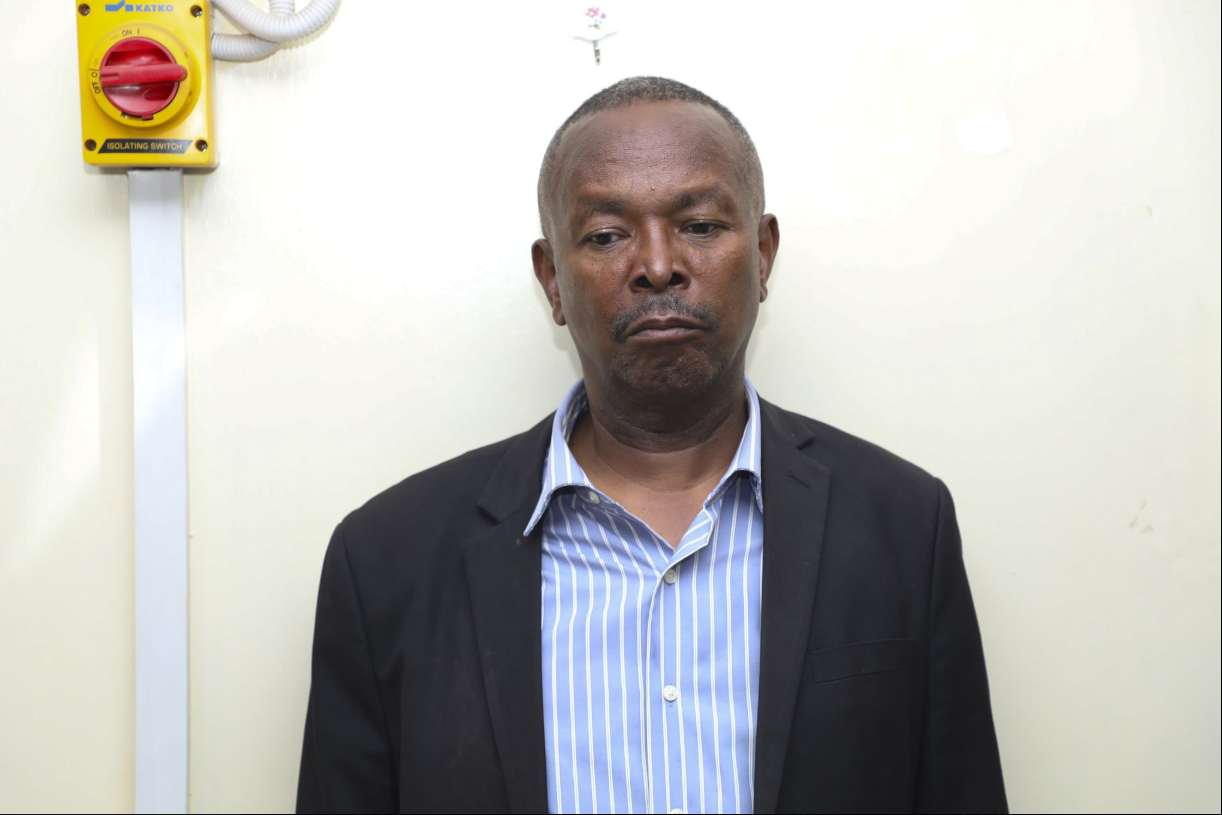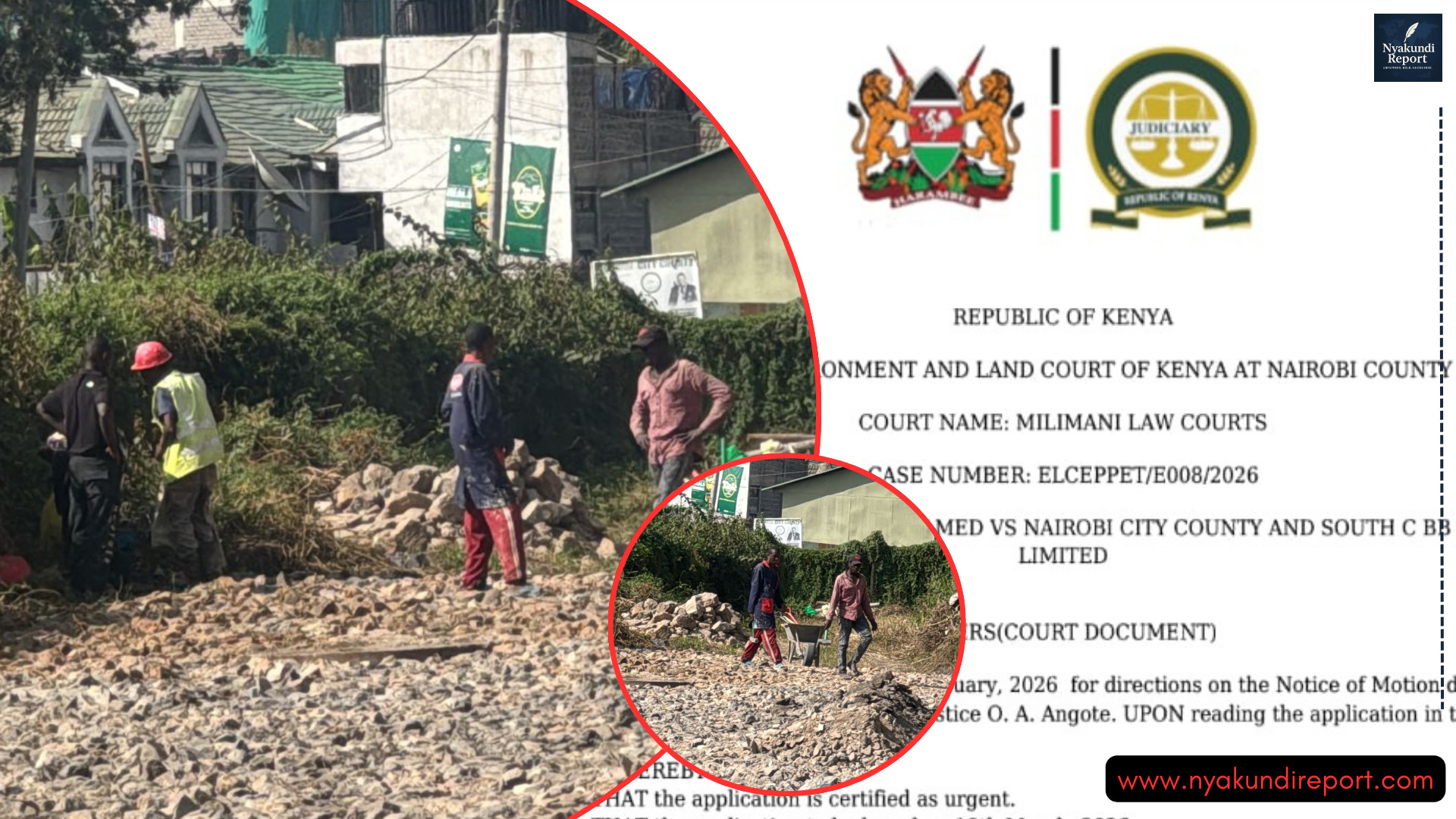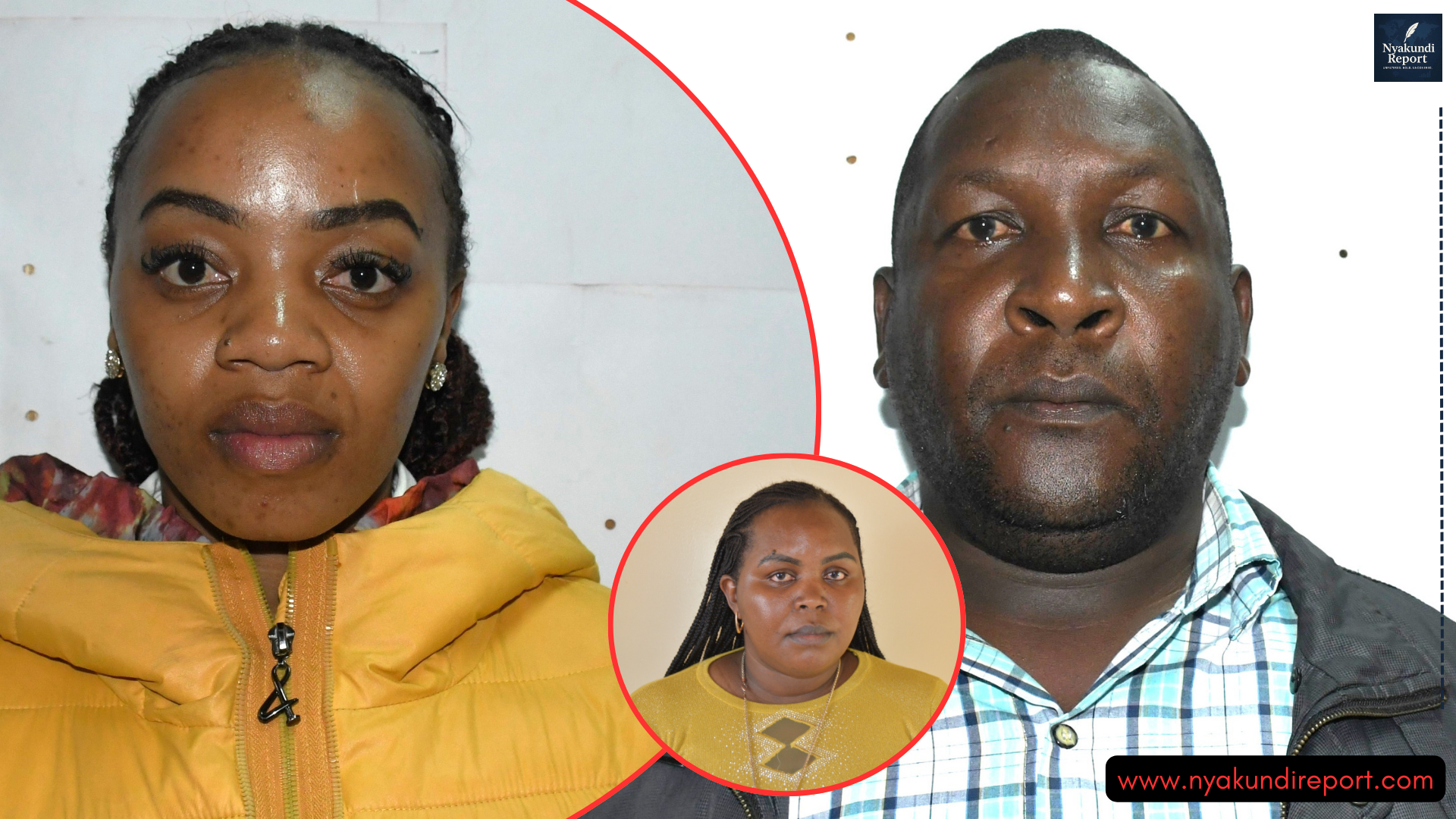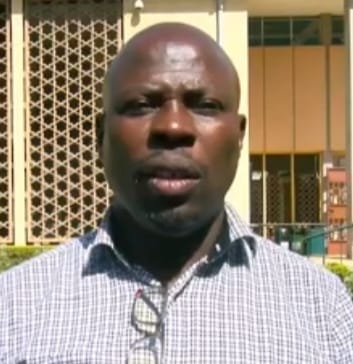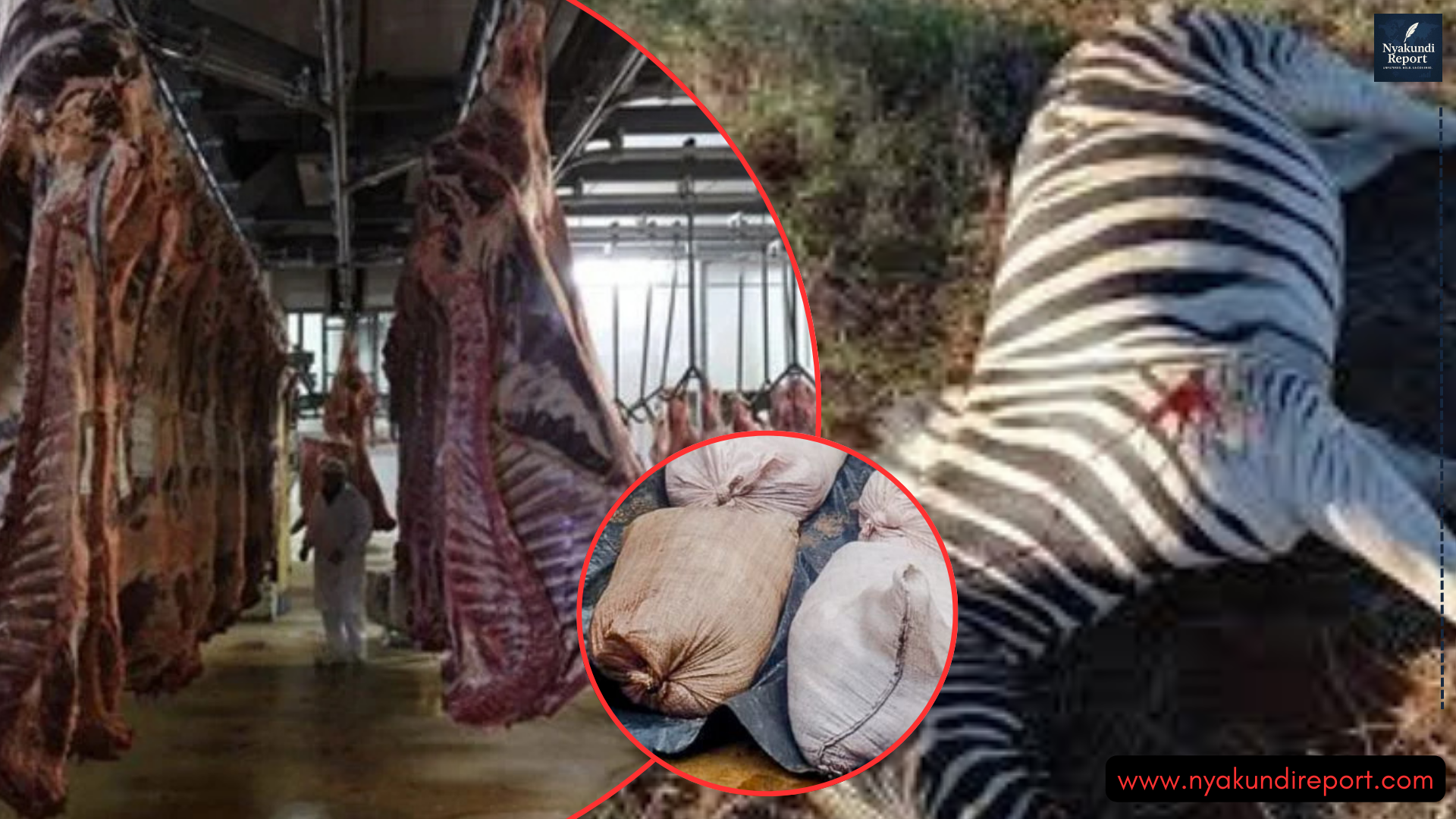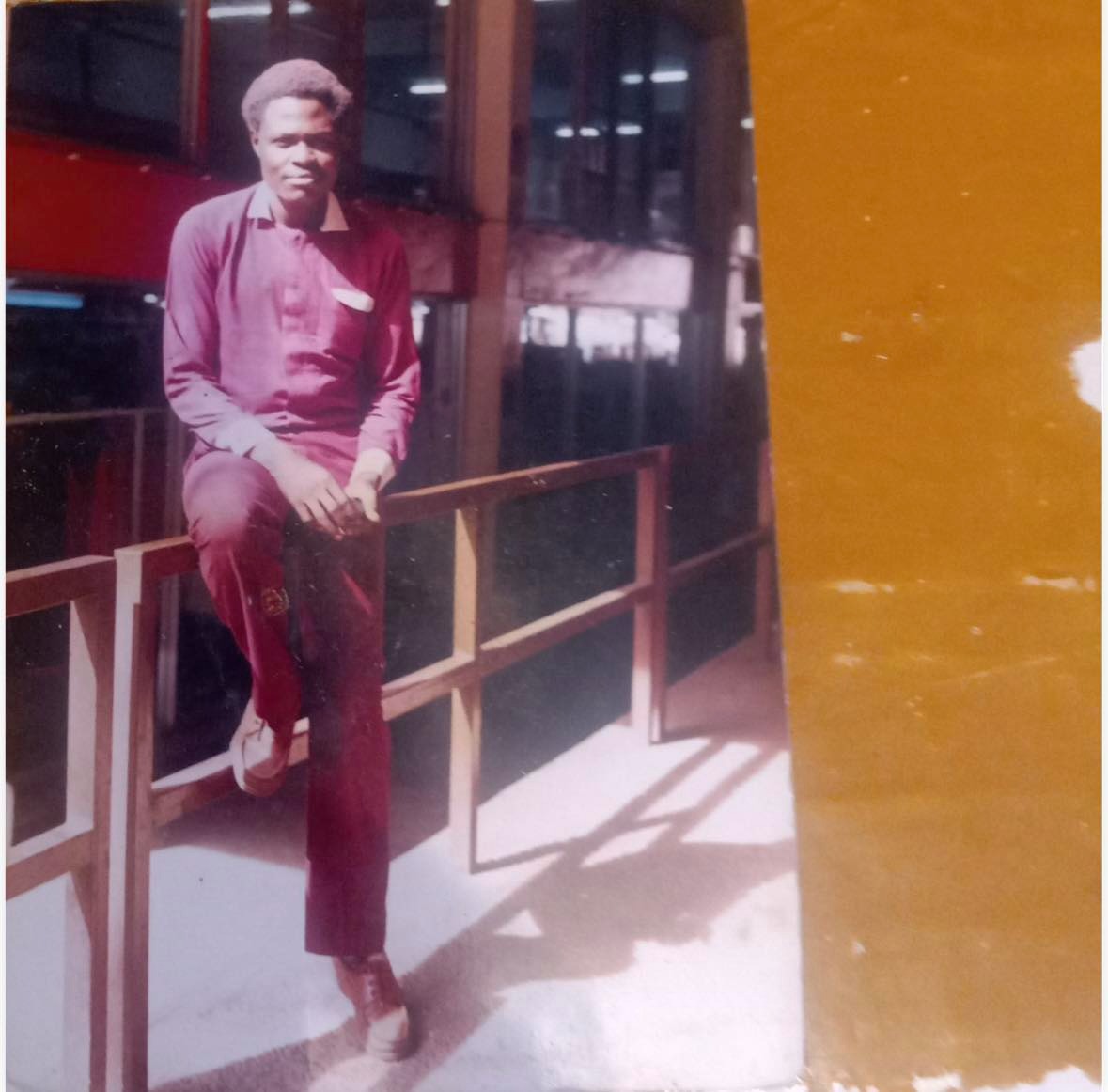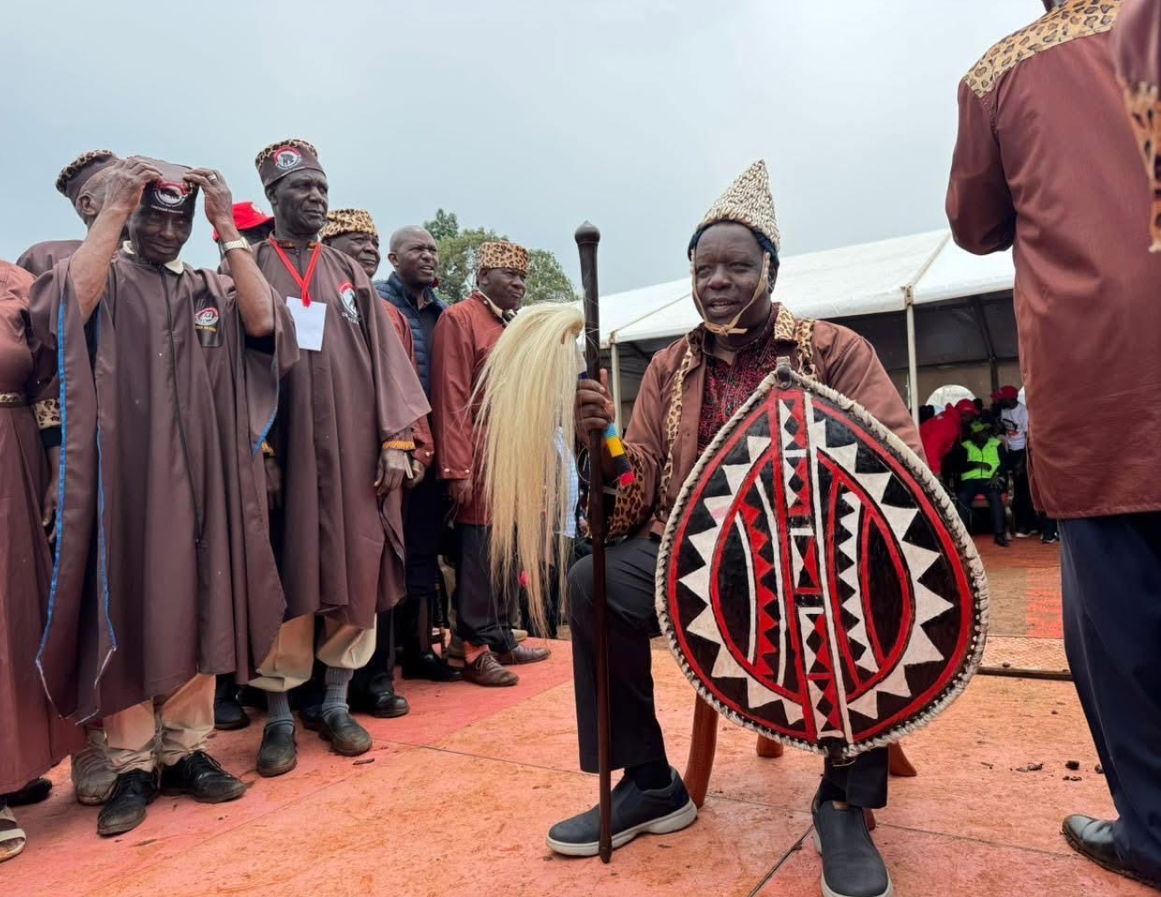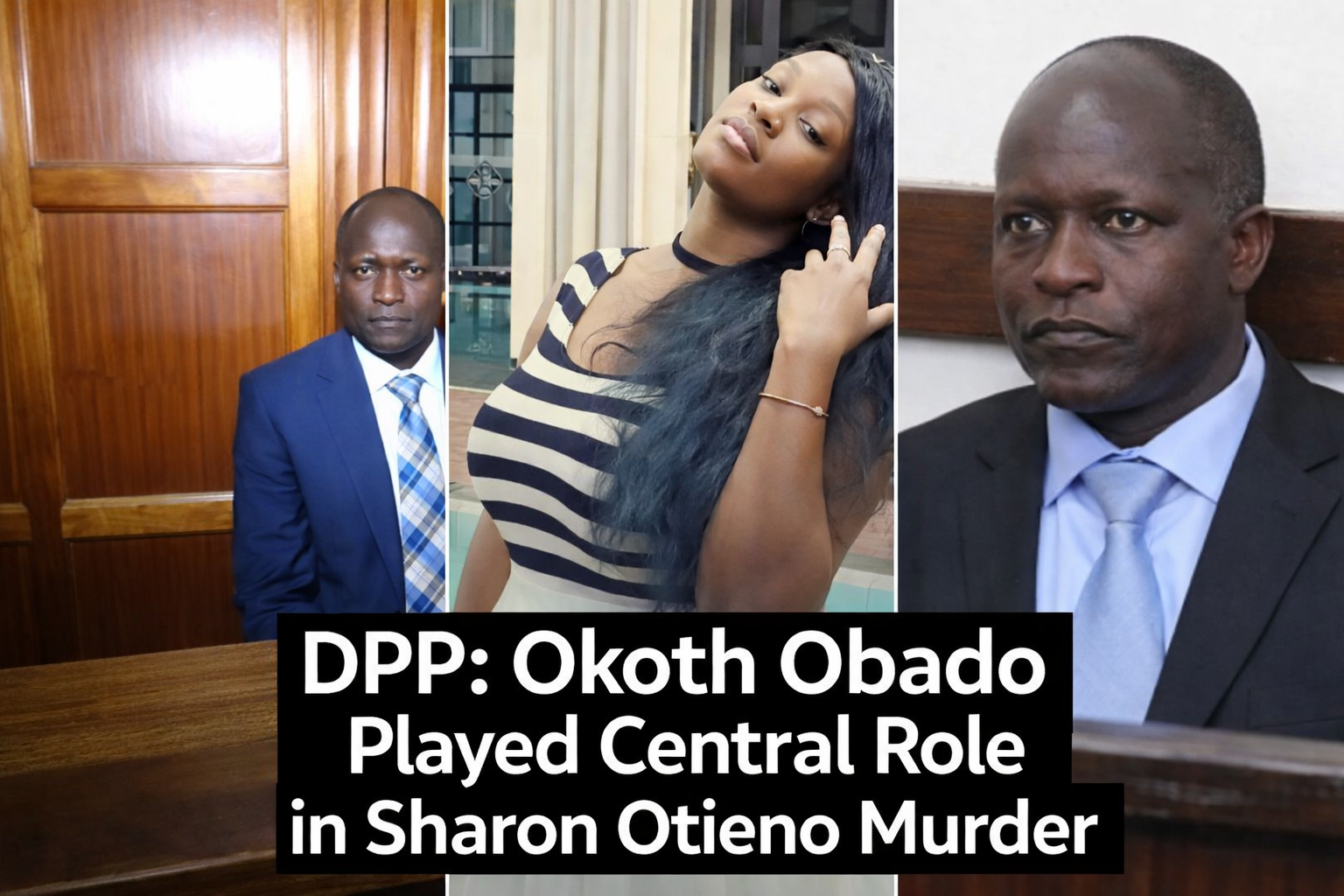Despite years of damning allegations, former Busia Governor Sospeter Ojaamong walks free—again. A ten-year jail term loomed over him. But now, all charges have been dropped.
The ruling has stunned Kenyans who expected accountability. Ojaamong was accused of defrauding Busia County of Ksh8 million. Yet, in a twist that has angered anti-corruption crusaders, a court ruled the evidence was too weak.
More alarming is the history of cover-ups during his tenure, including a mysterious fire that destroyed key records. With this acquittal, Ojaamong has escaped justice, leaving behind a legacy that reeks of impunity.

A Shocking Acquittal for a Man Long Accused
On Friday, May 16, 2025, Chief Magistrate Eunice Nyutu acquitted former Busia Governor Sospeter Ojaamong in a Ksh8 million graft case. The magistrate ruled that the prosecution failed to prove the charges.
Ojaamong, who served as governor from 2013 to 2022, had been accused alongside seven others of economic crimes, abuse of office, and mismanagement of public funds.
The case stemmed from a 2014 scheme in which Ojaamong allegedly colluded with a private firm to siphon county funds. The money was meant for a feasibility study on waste management, but the project never materialized.
Investigations later revealed that the firm did not meet procurement requirements. Despite this, the court ruled that the evidence was insufficient. This verdict has sparked outrage, especially among those who witnessed the rampant corruption during Ojaamong’s tenure.
Many believe the case was deliberately weakened and that justice was denied. The acquittal means Ojaamong escapes a possible 10-year jail term.
Under Kenyan law, a conviction for such offenses can also lead to heavy fines and disqualification from public office. Instead, Ojaamong walks away unscathed, continuing a trend of high-profile corruption suspects evading punishment.
Mysterious Fire Destroyed Critical Corruption Files
While the graft case may be over, many questions remain about Ojaamong’s time in office. One of the darkest moments came in 2019 when a suspicious fire razed the county’s finance and records department.
The blaze occurred in the early hours of the morning and destroyed financial documents that investigators from the Ethics and Anti-Corruption Commission (EACC) were seeking.
The fire was no ordinary accident. It happened at a time when Ojaamong was under increasing scrutiny for misuse of county funds.
Among the destroyed documents were procurement files and payment vouchers linked to controversial tenders and ghost projects. Insiders claimed the blaze was intentional—an inside job aimed at covering up fraud.
To date, no one has been held accountable for the fire. The Busia Deputy Governor at the time, Moses Mulomi, stated the incident was reported at around 2:00 a.m., and firefighters arrived quickly. But by then, the damage was done. Investigations into the cause of the fire stalled, and critical evidence vanished with the flames.
This fire is now seen as a turning point in the graft case. Without key records, the EACC struggled to build a solid case. And with missing evidence, the prosecution’s hands were tied.
The case against Ojaamong collapsed not because he was innocent, but because someone ensured there was nothing left to prove he was guilty.
Ojaamong Escapes 10-Year Jail Sentence Despite Years of Corruption and Betrayal of Public Trust
Ojaamong’s record in office is littered with controversy. Throughout his two terms, he was dogged by allegations of nepotism, inflated contracts, and ghost workers. Audits revealed massive irregularities in the county’s payroll system.
Contractors claimed they were forced to pay kickbacks to receive payments. Yet, every time questions were raised, investigations hit dead ends. When he was arrested in 2018 over the Ksh8 million fraud, many saw it as a step toward accountability.
He spent nights in police custody, and his dramatic courtroom appearances made headlines. But behind the scenes, power games and political protection were at play.
Even after stepping down in 2022, Ojaamong retained influence in local politics. He positioned allies in key county roles and continued to pull strings from the shadows. His acquittal now gives him a clean slate—on paper. But the stench of corruption clings to his name.
For many Busia residents, this acquittal is a betrayal. Public hospitals remain underfunded, roads are in disrepair, and youth unemployment is high. Meanwhile, millions meant for development projects were looted under Ojaamong’s watch.
The justice system’s failure to convict him sends a dangerous message: if you are powerful enough, you can steal, destroy evidence, and walk free.

